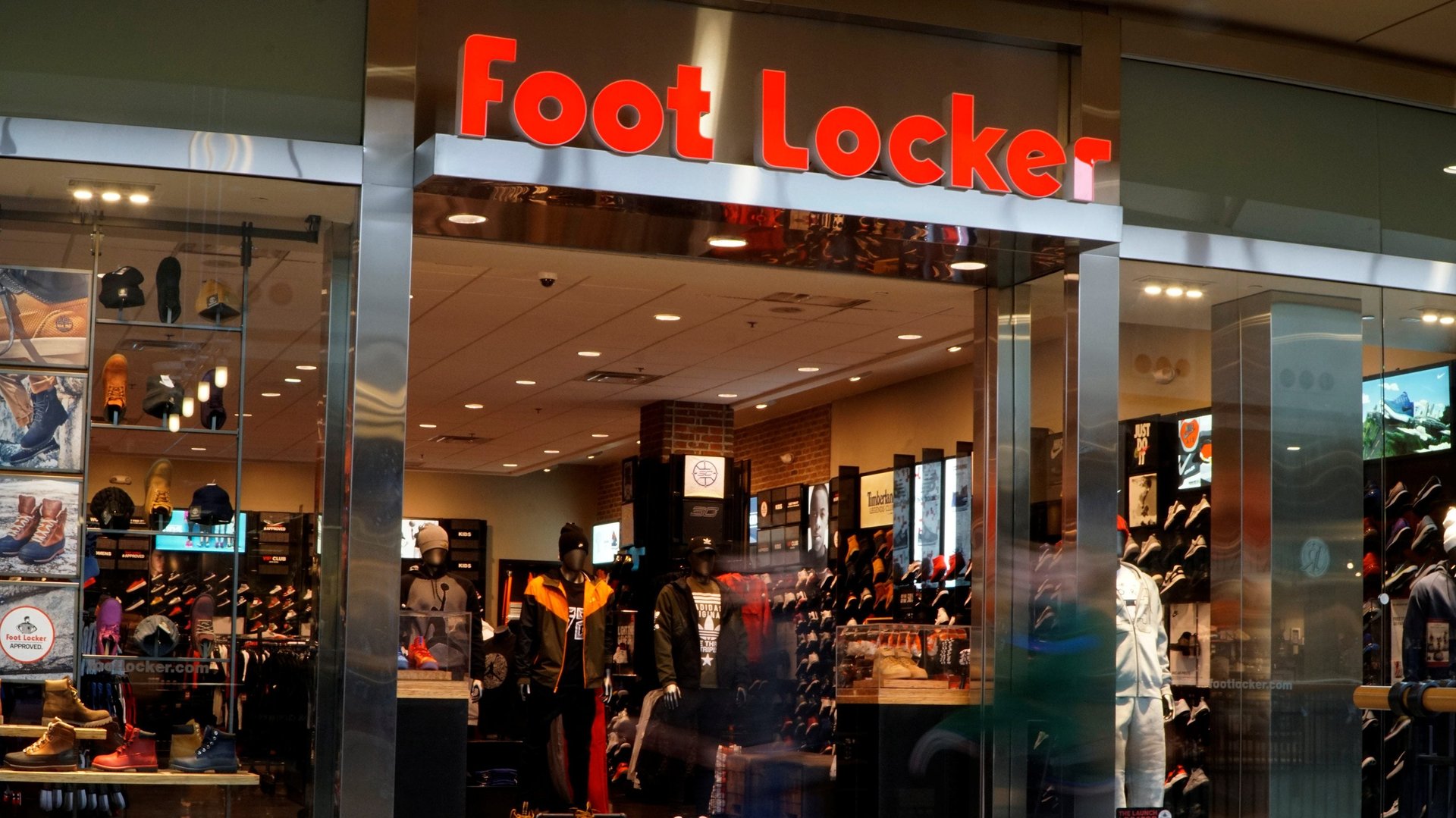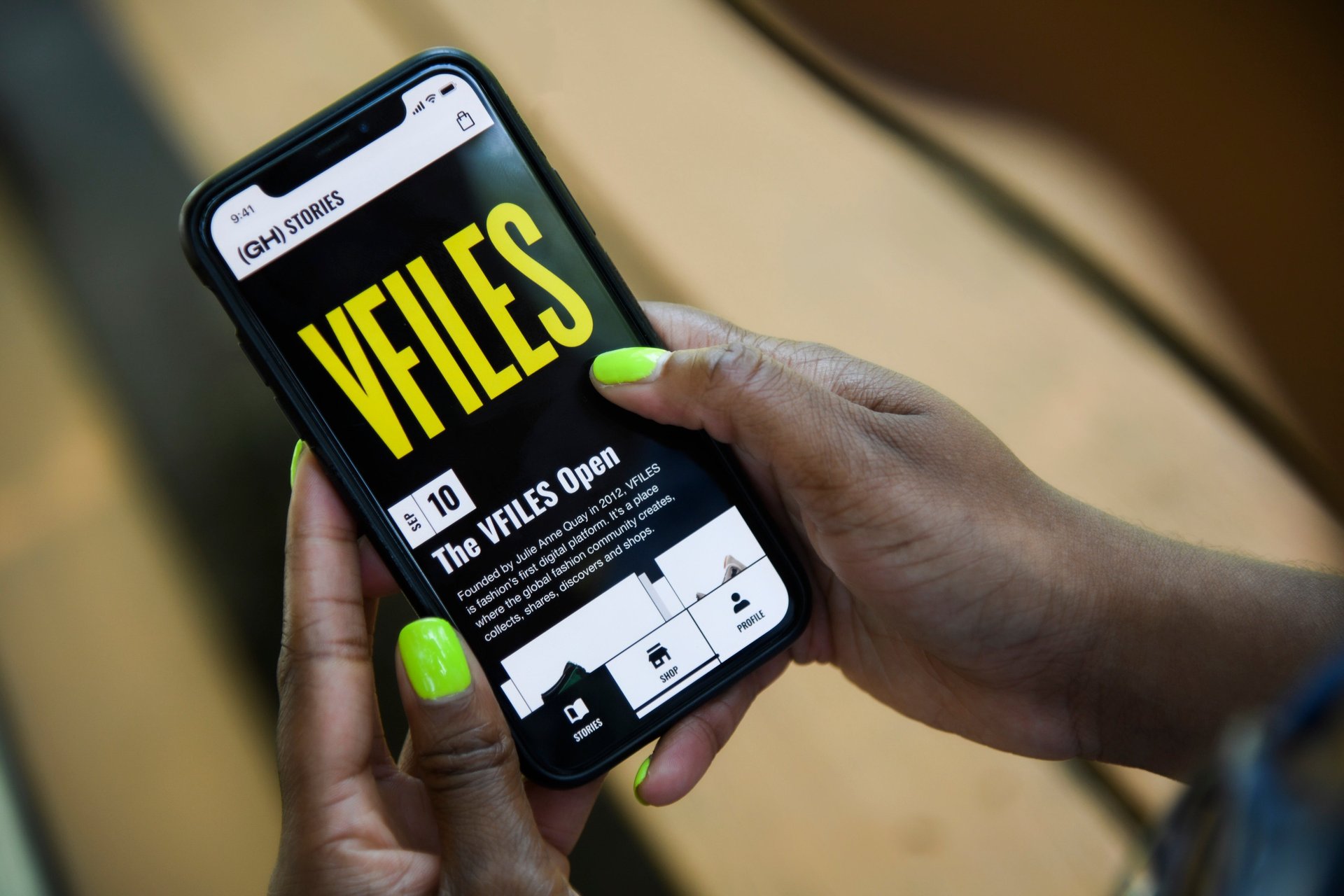Inside Foot Locker’s pivot from athletics to ‘youth culture’
When Foot Locker unveiled a new mission statement in March, it reflected a big shift in the sneaker retailer’s business. No longer was the company’s goal “to be the leading global retailer of athletically inspired shoes and apparel,” as it had been since 2010. Foot Locker’s new purpose, it said, would be “to inspire and empower youth culture.”


When Foot Locker unveiled a new mission statement in March, it reflected a big shift in the sneaker retailer’s business. No longer was the company’s goal “to be the leading global retailer of athletically inspired shoes and apparel,” as it had been since 2010. Foot Locker’s new purpose, it said, would be “to inspire and empower youth culture.”
The shift showed how Foot Locker, now 45 years old, is adapting to broader changes in why and how people buy sneakers. As part of it, Foot Locker has created Greenhouse, a brand incubator that officially launches in August. “Lifestyle is the new athlete in a lot of ways,” says Mel Peralta, who leads Greenhouse. “I always like to say that the market never lies.”
What the market is telling Foot Locker is that kids today aren’t much concerned about what athletic category a shoe is in, which athlete is wearing it, or even its technical performance. As CEO Dick Johnson has been saying on company earnings calls, kids just want what’s cool.
At the same time, mass retailers that once derived their power from being middlemen between brands and consumers, Foot Locker among them, have watched that power decline. New competitors and direct-to-consumer brands have siphoned market share, established brands are doing more sales straight to shoppers, and people continue to change how they shop, navigating away from malls, for instance, which is where Foot Locker still has most of its stores.
Greenhouse is geared toward letting Foot Locker serve up more of what its customers think is cool, and will give the company a greater hand in creating, rather than just picking, the products it sells. The program will offer limited-edition collaborations from both buzzy new brands and established stalwarts, such as one coming tie-up between Starter and Rhude, a Los Angeles-based label with a streetwear sensibility, or another between Fila and VFiles, the media company and fashion retailer.
Peralta says Greenhouse will also help aspiring designers launch and grow new brands, providing financial support but without the pressure to get big fast and without taking an equity stake. One of its programs will pair a mentor with an up-and-coming talent to develop their brand. The first mentor Greenhouse enlisted is Treis Hill, of successful New York streetwear label Alife.

Foot Locker has been planning ahead by investing, including putting money into sneaker resale platform GOAT and footwear design academy Pensole. Greenhouse is similarly a long-term play, and isn’t expected to reap huge financial rewards. It takes a large volume of product to have a measurable effect on Foot Locker’s $8 billion in annual sales, and the collaborations, which will span everything from sneakers and clothes to art, will mainly be available via the Greenhouse app in limited quantities.
But Foot Locker sees other important benefits. “Part of what we wanted to do was be much more in the forefront of controlling our own destiny, and product creation and product distinction,” says Jed Berger, Foot Locker’s chief marketing officer, who developed the Greenhouse idea with Coltrane Curtis, CEO and founder of marketing firm Team Epiphany. To that end, Foot Locker has been working with vendor partners like Nike, Adidas, and Puma, at least a year in advance to come up with exclusive product concepts. But the company wanted an even longer pipeline, and the opportunity to create relationships with smaller brands. Greenhouse helps it do that.
Foot Locker also seems to be hoping Greenhouse will get young shoppers to think of the brand differently. Instead of an old mall retailer, it would be more like a cool online shop doing regular drops of hyped products—just with Foot Locker’s huge resources at its back.
Looking for more in-depth coverage of sneakers? Sign up for a free trial of Quartz membership to read about fashion’s takeover by sneakers in our premium field guide.